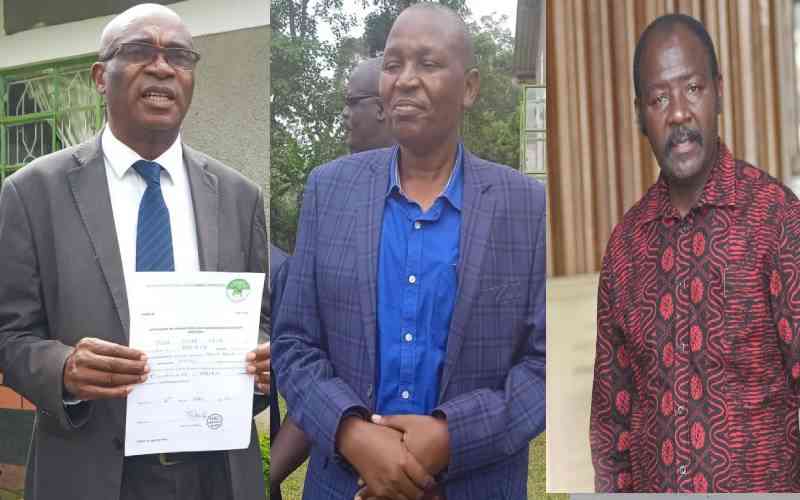×
The Standard e-Paper
Kenya’s Boldest Voice

On Tuesday, an estimated 94,417 voters will cast ballots in a hotly contested Malava parliamentary election.
The incumbent Malulu Injendi, who is defending his seat on Amani National Congress (ANC) will square off with six other candidates. They are Joab Manyasi (ODM), Seth Panyako (UDA), Caleb Sunguti (DAP-K), Benjamin Nalwa (Maendeleo Democratic ticket party), Ngaira Shitanda (Ford Kenya) and Isaac Shaviya (UDP).